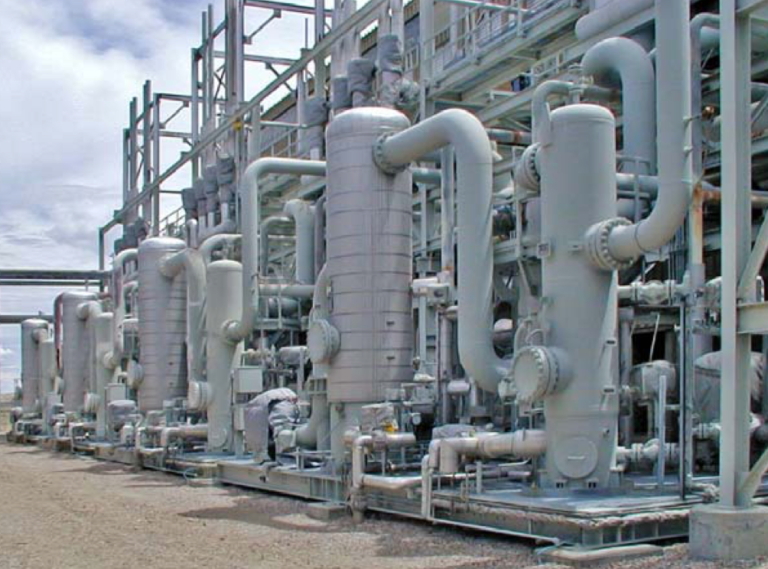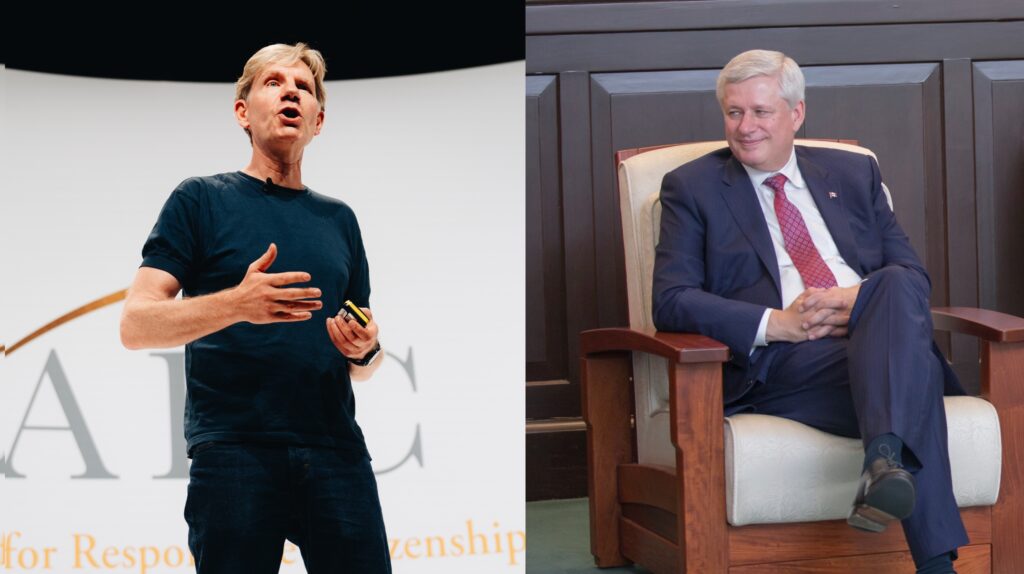Carbon capture and storage (CCS) has been hyped by industry groups like the Pathways Alliance as a credible solution to help decarbonize the Alberta oil industry, despite several studies questioning both the effectiveness and the economics of storing carbon dioxide underground.
But there may be a simpler way to assess whether this is a real effort or just PR smoke and mirrors. Are oil companies willing to play with their own money on CSS? Are they transparent with documentation and process? And are they willing to assume their own risks?
The answer to all these questions seems a resounding “no.” Freedom of information documents unearthed by The Narwhal reveal that Pathways Alliance demanded the federal government pony up 50 percent of the operating costs of their proposed CCS project at Cold Lake Alberta, estimated to cost over $16 billion.
This same trove of lobbying documents also shows that Pathways insisted on assurances that the project would not be subject to a federal environmental assessment. At the provincial level, it is being broken into 126 separate parts to avoid triggering an Alberta environmental assessment.
Pathways spent millions hyping their vague plan on social media, but has yet to provide local communities, First Nations, or provincial regulators with specific technical documents. The industry group also suddenly scrubbed their website after being spooked by pending regulatory requirements in Bill C-59 that requires truthfulness in their environmental claims to avoid “greenwashing.”
And what about risk? Who would assume the long-term liabilities associated with injecting up to 10 million tonnes of carbon dioxide (CO2) per year into an underground area three times the size of Prince Edward Island?
Under a system unique to Alberta and described as having some of “the most generous transfer provisions” of any CCS regulatory scheme, the provincial government would assume virtually all long-term legal risks.
Unlike oil production liabilities that remain legally attached to the companies that created them, CCS operators like those in the Pathways Alliance would have their regulatory and tort liabilities transferred to the Alberta government in perpetuity after the Minister of Energy issues a closure certificate.
That such a weighty technical determination would be made by a politician rather than an arm’s length expert regulator raises obvious red flags regarding saddling the public with even more unfunded oil patch problems. Alberta has a troubling history of political meddling in fossil fuel oversight, most recently when Energy Minister Brian Jean directed the Alberta Energy Regulator (AER) to reconsider a twice-rejected coal mining proposal at Grassy Mountain.
The risks associated with CCS after closure might be comparatively low after CO2 pipeline transport has ceased and the pressure dissipates across the geological reservoir. However, if the stored CO2 for whatever reason eventually escapes to the surface after a closure certificate is issued, it is the province on the hook for any third-party damages.
‘Massive’ Liability Costs
What about the financial liabilities for carbon credits previously claimed if there is reservoir leakage? “Climate liability would be where a company has claimed credits as a result of a sequestration activity,” Nigel Bankes, Professor Emeritus of Law at University of Calgary told Desmog. “Those liabilities … include liability for the reversal of credited activities. The dollar figures associated with that could be massive given projections for increased carbon prices.”
How massive? The business case for CCS projects involves billions in carbon offsets sold to third parties. The Pathways proposal projects storing 10 Mt annually with carbon pricing reaching $170 per tonne by 2030, meaning that by 2050 over $34 billion in carbon credits could eventually be claimed.
Industry has apparently long wanted to wash their hands of those potential CCS risks as well, as reflected in a 2013 report that recommended the Mines and Minerals Act be changed to “transfer liability for CO2 credits to the Crown when a closure certificate is issued.”
That proposed change was not then adopted but it looks like oil companies may finally get their wish. The government of Alberta just issued a memo indicating they plan to adopt a new system where the Crown would hold the bag on potential carbon leakage risks in exchange for retaining 0.5 percent of carbon credits. If companies are so certain that stored carbon will stay underground, why would they want such a change?
Bankes also warns that lack of transparency from industry and regulators around CCS development, including the Pathways project, may ultimately undermine efforts to get it approved, citing the example of a failed CCS project in the Netherlands. “The Netherlands is a jurisdiction that’s used to oil and gas exploration … and the project went down in flames because of public opposition. In that case [Shell Oil] hadn’t handled the public review of the project in a transparent way, so they abandoned it.”
Describing the public transparency around the Pathways CCS proposal as a “black hole,” Bankes feels that could likewise poison public support for the project. “You think it will be just in their best interests to be as upfront as possible about this. I don’t understand this secrecy at all.”
Subscribe to our newsletter
Stay up to date with DeSmog news and alerts







